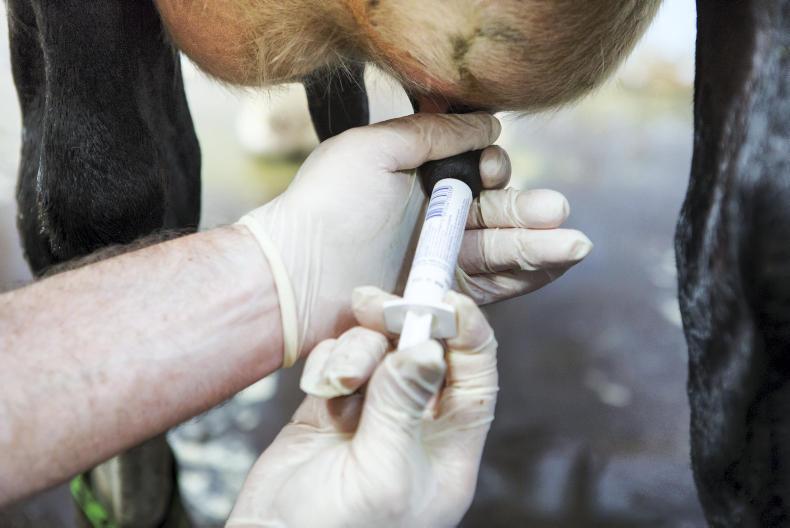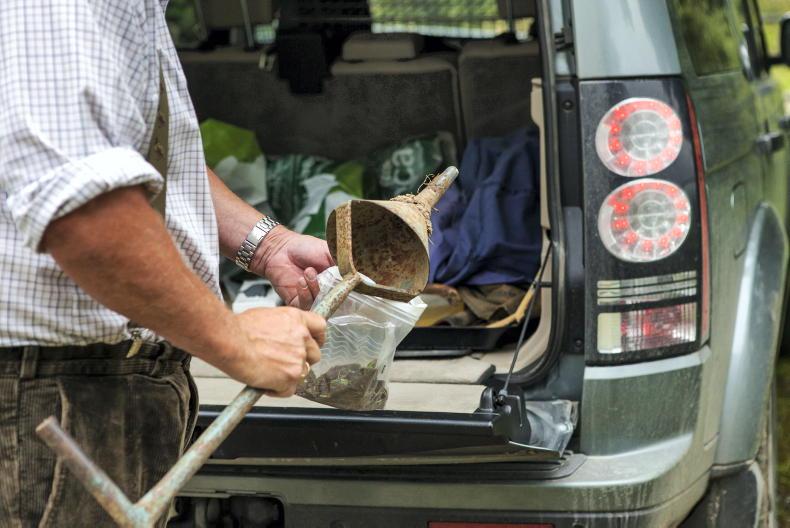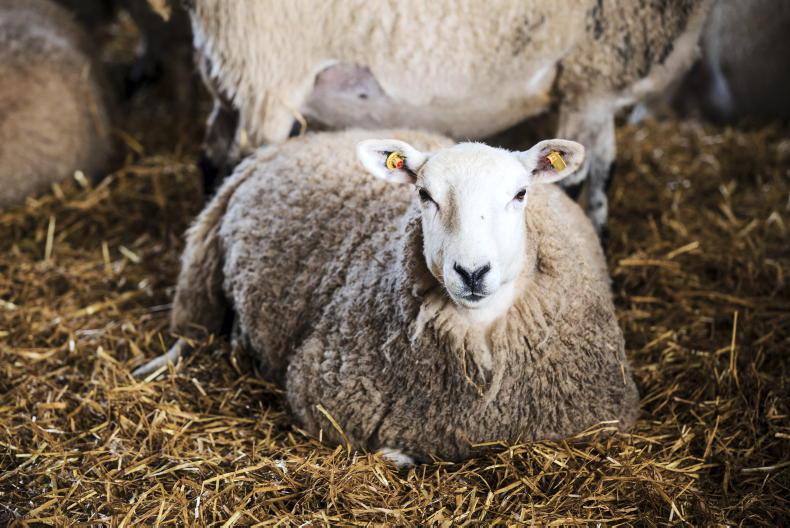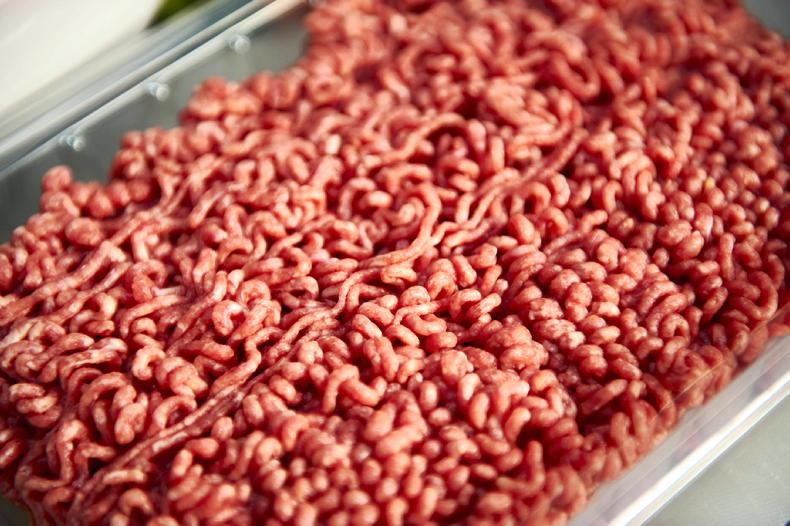“WHO recommends complete restriction of use of all classes of medically important antimicrobials in food-producing animals for prevention of infectious disease that have not yet been clinically diagnosed,” acccording to the guidelines published by the organisation this Tuesday.
One exception would be cases where a vet has identified a high risk of infection by a particular disease on a farm.
The WHO is an advisory body and it is up to each member state to legislate on antibiotics use. If implemented, the recommendation would mean an end to preventative practices such as systematic tubing of dairy cows when drying off.
The WHO also recommends ending all use of antibiotics as growth promoters and restricting the use of drugs regarded as critically important for human health in food-producing animals. “Some types of bacteria that cause serious infections in humans have already developed resistance to most or all of the available treatments, and there are very few promising options in the research pipeline,” the WHO warns. “If no action is taken today, by 2050, almost all current antibiotics will be ineffective in preventing and treating human disease.”
In its review of existing research through thousands of scientific publications, the organisation concluded that the negative effects of ending preventative antibiotics use on animal health and welfare “appear to be relatively small”. Some studies identified issues with mastitis in cows, respiratory disease in calves and diarrhoea in weaner pigs.
IFA animal health chair Bert Stewart said the use of antibiotics on farms is already heavily regulated and called for decisions in this area to be supported by factual evidence. “Farmers will play their part and have in the past number of years made significant investment in raising the health status of their animals through the implementation of disease eradication programmes which reduce the requirement for antibiotics,” he said.
These costs must be recognised, including by retailers and through avoiding trade deals exposing European farmers to competition from areas where lower standards apply, Stewart added.
Read more
Irish antibiotic use falling
Government launches antimicrobial resistance plan
“WHO recommends complete restriction of use of all classes of medically important antimicrobials in food-producing animals for prevention of infectious disease that have not yet been clinically diagnosed,” acccording to the guidelines published by the organisation this Tuesday.
One exception would be cases where a vet has identified a high risk of infection by a particular disease on a farm.
The WHO is an advisory body and it is up to each member state to legislate on antibiotics use. If implemented, the recommendation would mean an end to preventative practices such as systematic tubing of dairy cows when drying off.
The WHO also recommends ending all use of antibiotics as growth promoters and restricting the use of drugs regarded as critically important for human health in food-producing animals. “Some types of bacteria that cause serious infections in humans have already developed resistance to most or all of the available treatments, and there are very few promising options in the research pipeline,” the WHO warns. “If no action is taken today, by 2050, almost all current antibiotics will be ineffective in preventing and treating human disease.”
In its review of existing research through thousands of scientific publications, the organisation concluded that the negative effects of ending preventative antibiotics use on animal health and welfare “appear to be relatively small”. Some studies identified issues with mastitis in cows, respiratory disease in calves and diarrhoea in weaner pigs.
IFA animal health chair Bert Stewart said the use of antibiotics on farms is already heavily regulated and called for decisions in this area to be supported by factual evidence. “Farmers will play their part and have in the past number of years made significant investment in raising the health status of their animals through the implementation of disease eradication programmes which reduce the requirement for antibiotics,” he said.
These costs must be recognised, including by retailers and through avoiding trade deals exposing European farmers to competition from areas where lower standards apply, Stewart added.
Read more
Irish antibiotic use falling
Government launches antimicrobial resistance plan









SHARING OPTIONS